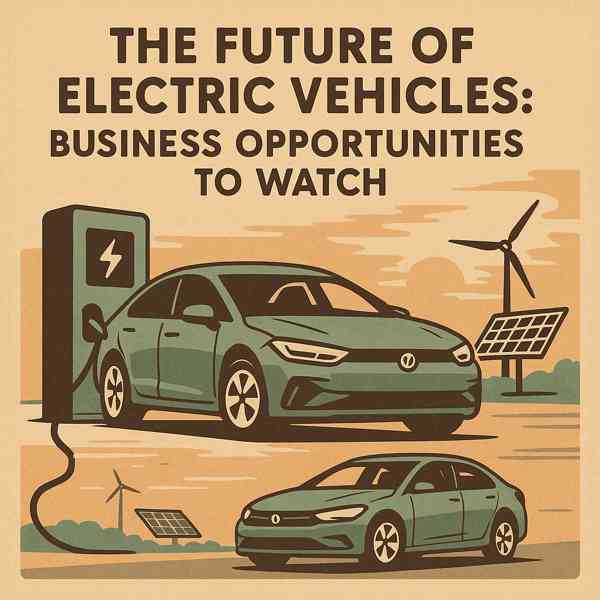Exploring Electric Vehicles: Why EVs Are Taking Over
Exploring Electric Vehicles: Why EVs Are Taking Over
Blog Article

Electric vehicles (EVs) are revolutionizing the way we think about transportation.
As battery technology improves and infrastructure expands, owning an electric vehicle has never been more practical.
The Basics of Electric Vehicles
Electric vehicles are powered entirely by electric motors, rather than traditional internal combustion engines.
Key components of EVs include:
- Replaces the internal combustion engine
- Usually lithium-ion or solid-state
- Manages energy flow from battery to motor
- Allows the vehicle to recharge from external sources
Electric vehicles come in various types, such as battery electric vehicles (BEVs)—each with different levels of electrification.
Benefits of Electric Vehicles
The rise of electric vehicles is fueled by their numerous benefits.
What makes EVs attractive:
- Electricity is cheaper than gas
- Environmental sustainability
- Better overall driving comfort
- Financial perks for EV buyers
For eco-conscious and cost-aware drivers, electric vehicles are an increasingly forward-thinking choice.
Challenges of Electric Vehicles
Despite the growing popularity of EVs, they still face some issues that buyers should consider.
Common concerns include:
- May require more frequent charging
- Not all areas have adequate public chargers
- Higher initial cost
- check here Battery lifespan and replacement
As technology advances and infrastructure improves, many of these challenges are becoming less significant.
Exploring EV Variants
Not all electric vehicles are the same.
EV formats explained:
- Run only on electricity
- Electric motor with backup gasoline engine
- Combines electric and gas power but cannot plug in
- Use hydrogen to generate electricity
Each type has its pros and cons, so buyers should understand the differences.
EV Charging and Infrastructure
There are multiple charging levels and methods depending on your location.
Types of EV charging stations:
- Level 1 Charging
- Faster and ideal for daily use
- DC Fast Charging
- Still in development or premium models
As public charging networks expand, EV owners will enjoy even more support and reliability.
The Future of Electric Vehicles
As governments push for cleaner energy and manufacturers invest in innovation, the future of EVs looks revolutionary.
Trends shaping the future include:
- Higher energy density and faster charging
- Turning cars into energy assets
- Autonomous electric vehicles
- More choices at lower prices
As innovation continues, EVs will become more dominant in the automotive world.
Conclusion
With growing demand and continuous improvement, EVs are becoming a smart option for more drivers every day.
The future is electric—are you ready to plug in?
Report this page